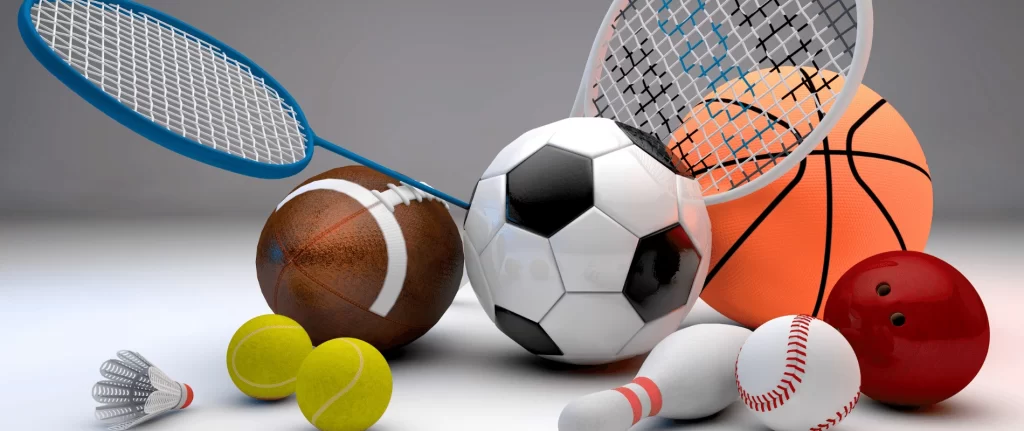E-mail: info@par.av.tr Phone: 0212 212 50 15 Whatsapp: 0533 345 57 27 Execution File: +90 533 958 97 27
Sports Law
You can meet with our lawyers who are experts in the field of sports law, face to face or online.

The discipline of law, named “Sports Law”, has elements of both private and public law; with this state, it sets an example for the plurality of law. This plurality does not only appear as private law – public law, but also keeps national and international law together by forming a kind of cross-border law.
The primary sources of positive Sports Law are the Olympic Charter of the International Olympic Committee (IOC), the Statutes and other instructions of international sports federations (IF), and secondarily the statutes and instructions of national Olympic committees (NOC) and national sports federations. All these legislations were created by private law subjects, and the former are applied without being affected by the geographical boundaries and limitations of the States. For this reason, they are also called “cross-border law – transnational” due to their characteristics.
In the formation of sports law, apart from the primary and secondary sources we have mentioned above, the “Code” containing the procedural provisions of the International Court of Arbitration for Sport (CAS) and its case-laws, and the “Code” (Wada Code) of the World Anti-Doping Agency (WADA) and its applications. These are the sources that give content to Sports Law that should be mentioned.
The existence of Sports Law is a debate that has been overcome for some time in the west, especially among francophone lawyers (France – Switzerland – Belgium – Canada). It has therefore reached the adoption of the following definition:
“The sportive order is an independent legal order. It governs a kind of society, whose entire legislation is made up of members of different qualifications bound by competitive games subject to many rules, and who are subject to penalties for non-compliance with these rules.”
